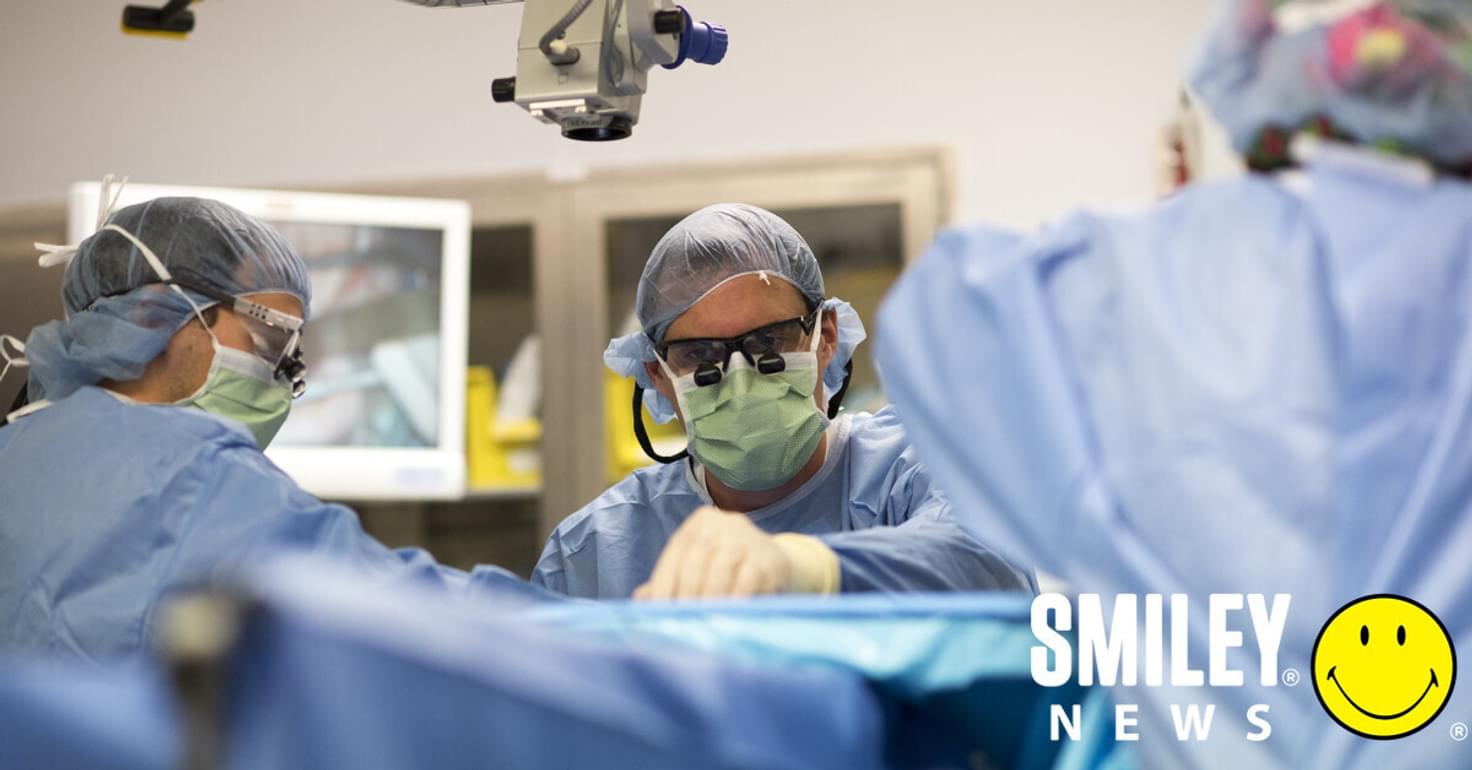
Words by Smiley Team
Dr George Magrath, 38, is the CEO of Lexitas, a 140-person company which partners with pharmaceutical firms to develop novel eye care drugs by running clinical trials. But he is a CEO with a difference – as he does pro bono work to support others.
Eye surgery is an incredible field. We have patients with conditions which can lead to poor vision and for many of these conditions, we have surgeries and procedures which can dramatically improve their vision. Does it get any more rewarding than that?
It’s the reason why - in addition to my busy work as CEO of Lexitas, a company which runs clinical trials for pharmaceutical firms - I’m still rooted in both my original practice of ophthalmology and pro bono treatment projects. Poor vision is devastating and I’m very fortunate to play a small part in helping some patients using techniques and procedures I’ve learned from my mentors.
I recently got back from a trip to Belize City where I was the lead surgeon carrying out manual small incision cataract surgery, a form of cataract removal treatment commonly used in developing countries. It’s a procedure which has likely been performed millions of times by many amazing ophthalmologists around the world, who have worked tirelessly to perfect the treatment and give people in remote parts of the world access to this life-changing procedure.
[Sign up here to receive a weekly dose of positive news in your inbox]
It’s a wonderful surgery because it can be done almost anywhere. It doesn’t require special machinery and can be done with inexpensive, simple and elegant instruments - and it gives very good results for most patients. We treated 30 patients during our recent trip, but just as importantly we were able to train two additional surgeons on the beginning of their journey to learn this procedure.
Training talented surgeons is a passion of mine and one of the most powerful methods we have to ensure that more people have access to quality care.
Closer to home in the Carolinas, I’ve also been working with a team to provide remote screening of diabetics for eye damage, which is a leading cause of blindness in US adults.
In swathes of the US - and this is a real thing in a first world country - many people have no access to eye exams because they either have no insurance or there is no availability of doctors. To counter that, five years ago we received a grant from the Duke Endowment to deploy six teleimaging cameras in rural parts of South Carolina as a way of identifying problems early.
Over this period, myself and my colleagues have been sent more than 10,000 images to read, allowing us to issue medical recommendations where necessary. Being able to (hopefully) proactively preserve a person’s sight is an amazing privilege - and also comes with an amazing cost-saving benefit to society.
By staying involved on the ground, even in small and humble efforts, it reminds me why I’m doing what we’re trying to accomplish at Lexitas. But, most importantly, I’m able to use the training I’ve been so fortunate to have been given to try to help people see a little better.
Follow more news about companies giving back to people and the planet on LinkedIn.